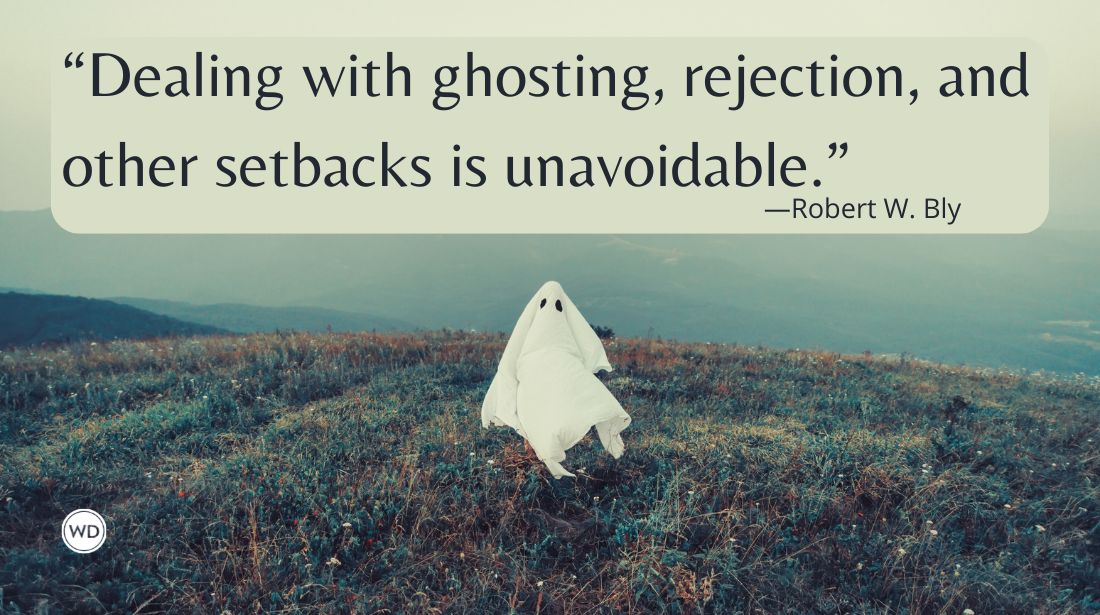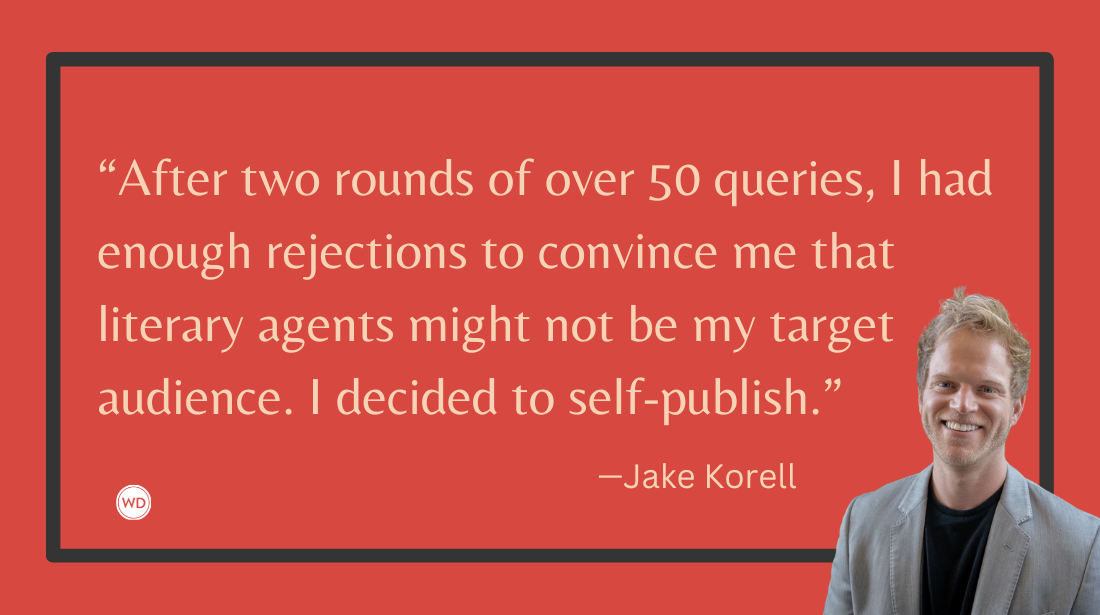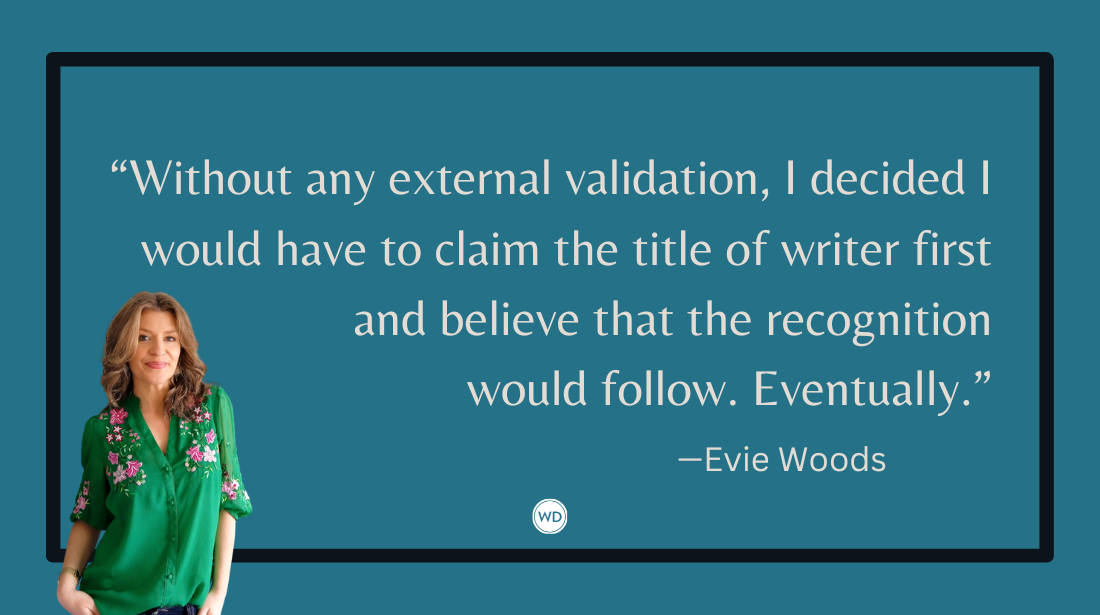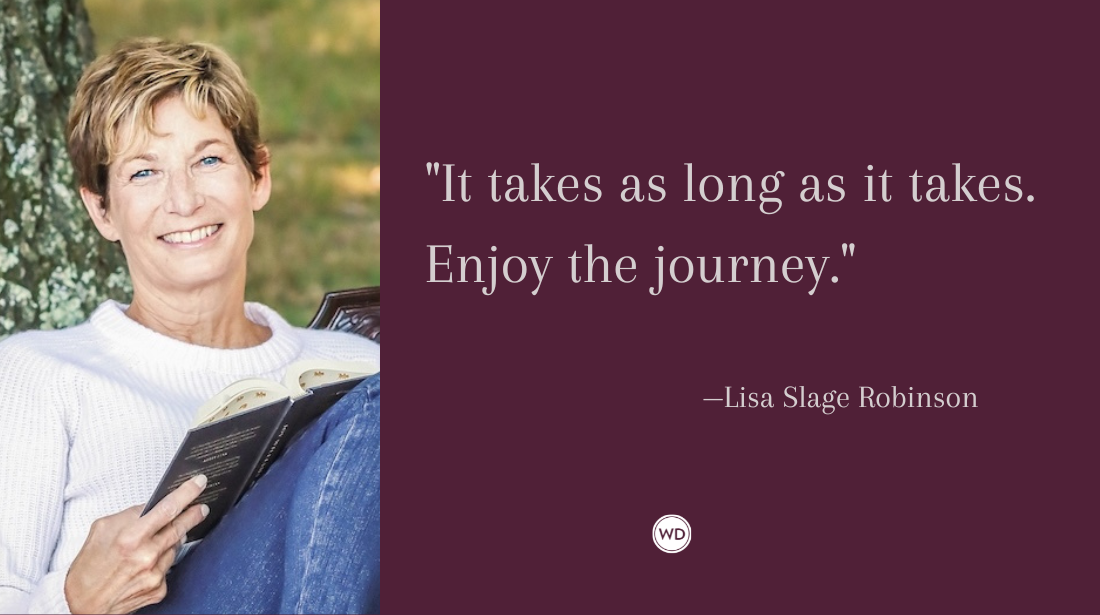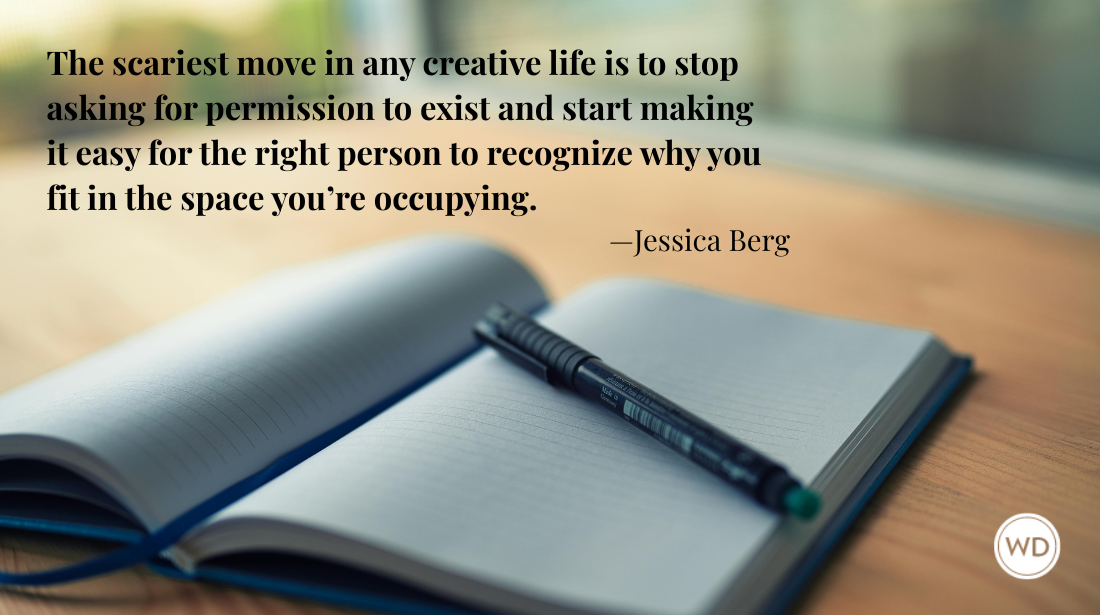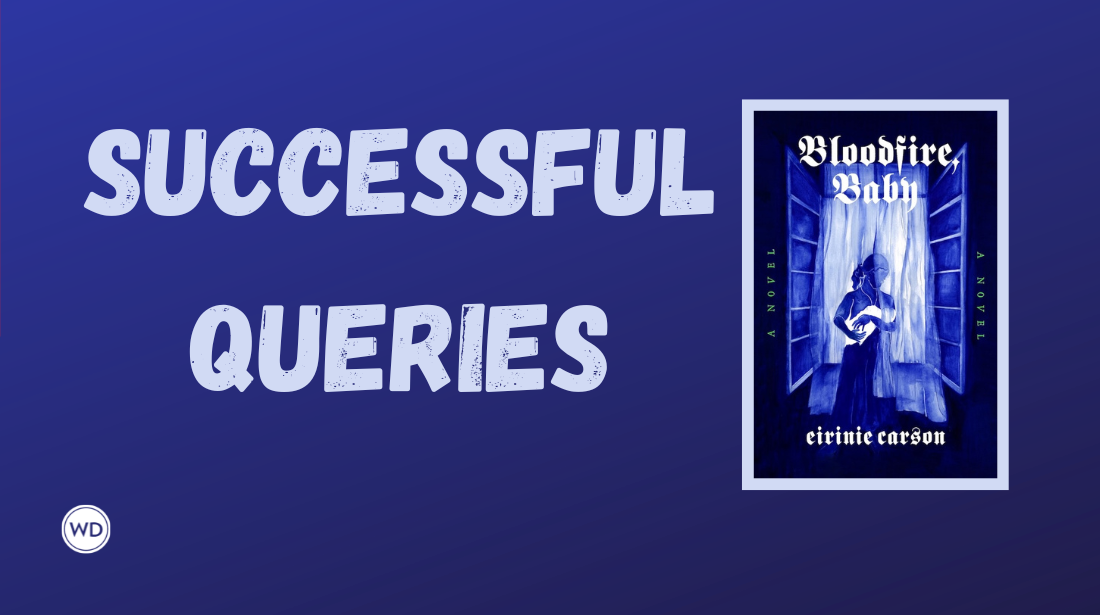Do Writers Need Literary Agents?
Do writers need literary agents to get published and find success with their writing? Are there times when getting an agent doesn’t make sense? We answer these questions here.
Before I jump into this topic, I just want to make one thing abundantly clear: I love literary agents. I think they're an essential part of the publishing process at the top level. They make it so writers can focus on writing; they help editors find great books. So this is not a post about whether literary agents are important or not. Rather, it's about whether all writers need literary agents for all writing projects.
Believe it or not, there are times when a writer needs a literary agent to accomplish their goals. And there are times when a literary agent is not required. In fact, there are some projects that don't make sense for agents, because they work on commission.
So let's take a look at when agents make sense for writers and when they might not.
Do Writers Need Literary Agents?
The quick answer is, "Depends."
If your goal is to get published by one of the imprints at Penguin Random House or HarperCollins, then you'll need a literary agent just to get over the transom. Many mid-sized publishers require an agent as well. In these cases, writers need a literary agent.
However, many mid-sized publishers and smaller presses don't require agents. These publishers welcome submissions from writers with open arms—and Submittable pages. In these cases, writers don't need a literary agent, though they may want one.
After all, agents can still help negotiate better terms on contracts and try to place future projects with the large publishers.
Are There Times When a Literary Agent Doesn't Make Sense?
As the former editor of Poet's Market, I would get asked every so often where the listings for agents who rep poetry are. The harsh reality is that there aren't many agents who represent poets. In most cases, the poets are either already super well known or writing in another genre (like fiction or memoir).
The reason agents avoid poetry is that they work on commission. So they don't get paid until their authors are paid, and then, they receive 15% of that payment. Unfortunately, there's not much money in poetry—for the most part.
Literary agents are also lukewarm to short story collections without a novel on the way. Because most large publishers don't want to publish a story collection without the promise of a novel or two afterward.
Scholarly and regional works are usually not going to be a good fit either. Even if the projects are great, it really does come down to commercial appeal and an agent's need to keep the lights on. Remember: 15% of $1,000 is only $150. So agents are understandably looking for upside in the projects they represent.
Final Word on Writers and Agents
As I mentioned earlier, I love literary agents. They can be a wonderful boon to a writer's project and writing career. But they're not right for every project. My advice—once you've finished your manuscript or book proposal—is to think about which publisher(s) are a good fit for your book.
Then, check out their submission guidelines to see if you need a literary agent to get in the door. If you do, then you need a literary agent. If you don't, try submitting to the appropriate publishers even as you're querying agents. When you get an acceptance, you can always try to rope an agent in to negotiate the contract on your behalf or do it yourself. Either way, there will be reason for celebration.




